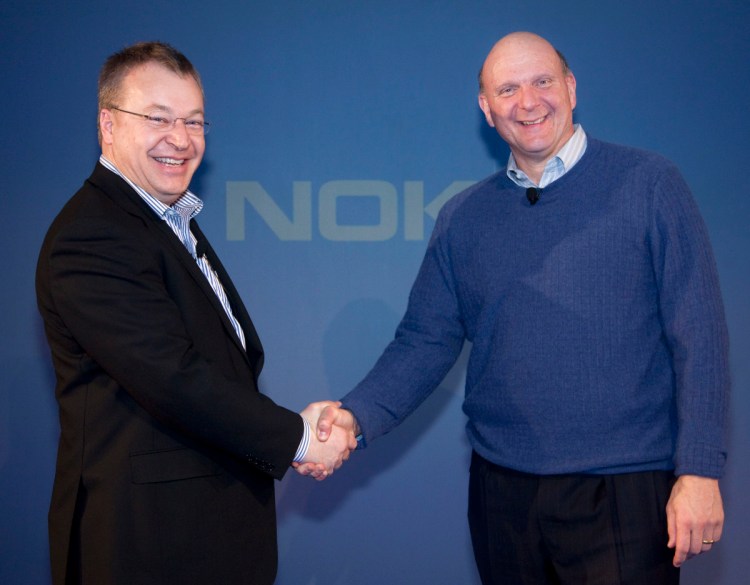Just a few years ago, Finland’s once-mighty Nokia couldn’t wait to unload its dying smartphone business to Microsoft.
Microsoft needed a Hail Mary pass to jumpstart its Windows Mobile platform. Nokia needed to shed a business that was getting eaten alive. It was a tough decision for Nokia, a company that had been king of mobile handsets a decade earlier.
And so, at first glance, it would seem absurd that suddenly Nokia wants to build a smartphone business from scratch.
But times have changed. And so has Nokia.
Having shed handsets, Nokia pivoted to focus on telecom and communications equipment. It doubled down by acquiring France’s Alcatel, which will give it a broader focus on connected objects and networks. And more recently, Nokia also acquired France’s Withings, a leader in wearables.
On top of that, it has developed OZO, a virtual reality camera built for professionals.
But as Nokia transformed itself, so, too, has the smartphone market, which is very different than it was even three years ago, when Nokia exited.
Yes, Apple and Samsung are still the top two. But, as we reported a few weeks ago, the category of “other” smartphone makers is one of the fastest-growing segments. The ability to make cheap, $50 Android phones has given rise to all sorts of regional smartphone players who can offer handsets with decent quality and not too much turnaround time.
Many of these phones are aimed at people who are graduating from feature phones to their first smartphone. And with the costs of smartphones plunging, the number of people buying their first smartphone continues to grow, even as overall numbers of smartphone sales are a bit sluggish.
That makes it a tough market for companies like Apple and Samsung, who are trying to convince someone in India or China to spend hundreds of dollars on a high-end phone. But it leaves the field open for a company like Nokia, which has strong brand recognition, to sell low-cost, well-built phones.
Plus, having sold and then reacquired its smartphone brand, Nokia has unshackled itself from the burden of its commitment to Windows Mobile. And its costly manufacturing operations will now be in the hands of a Foxconn subsidiary, as part of the Microsoft deal.
Nobody should expect Nokia to become No. 1 in smartphones. But don’t bet against the company either. As a piece of a broader connected device strategy, Nokia has a chance to gain a decent foothold in a smartphone business that sees new players flooding in all the time.
VentureBeat's mission is to be a digital town square for technical decision-makers to gain knowledge about transformative enterprise technology and transact. Learn More

